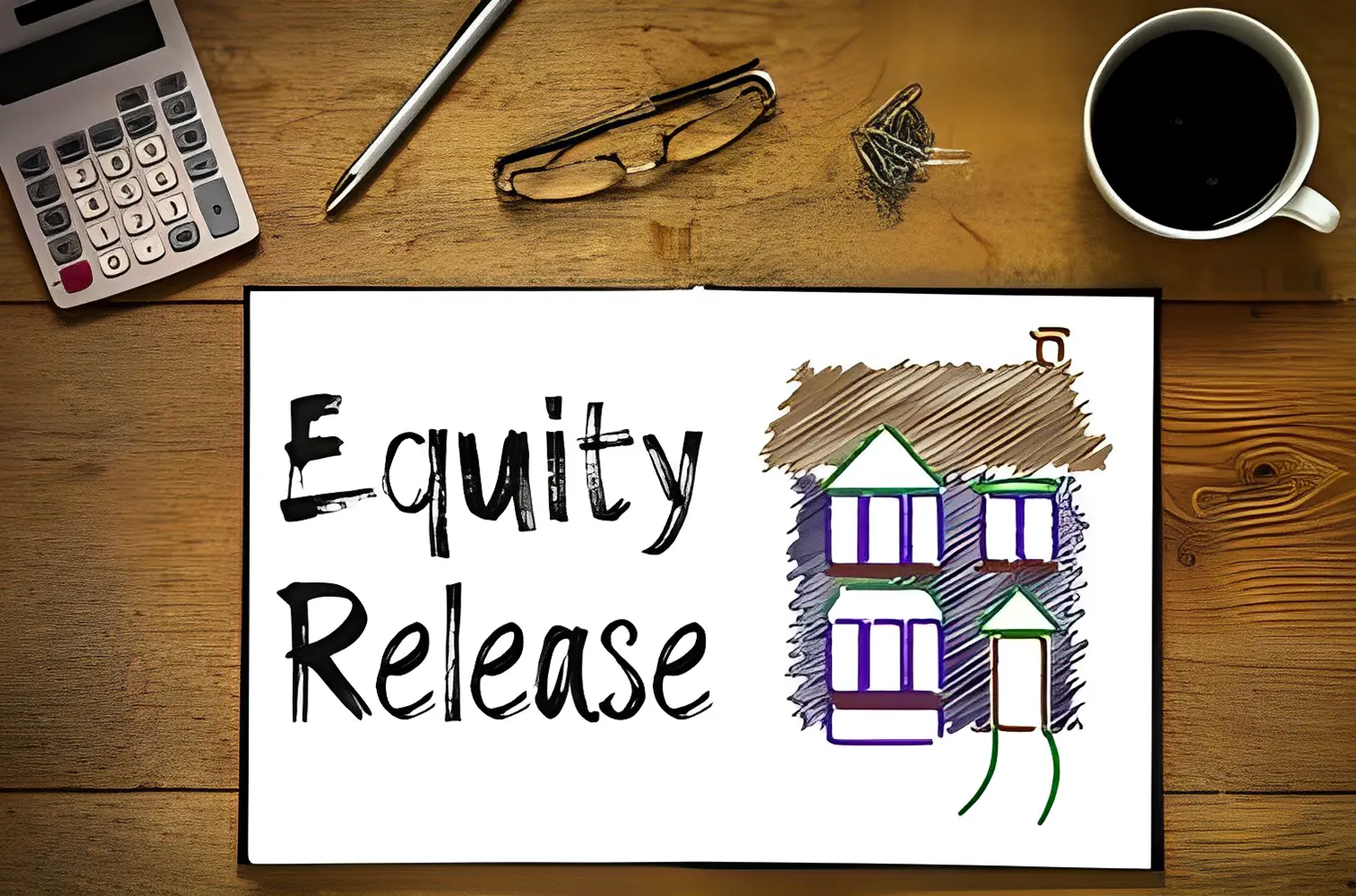Advantages and Pitfalls of Equity Release Mortgages

Advantages and Pitfalls of Equity Release Mortgages
Equity release can be a great way to raise finance against the value of your property, with low-interest rates and generally high borrowing limits - but it's not for everyone.
Much depends on your circumstances, how much you need to borrow, the equity you have in your home, and your broader financial situation.
Below we discuss the pros and cons of equity release mortgages and explain how this type of borrowing product works.
What is an Equity Release Mortgage?
Your equity is the proportion of your home you own outright, without any debt secured against it.
For example, if your property is worth £200,000 and you have an outstanding mortgage of £100,000, you own £100,000 worth of equity.
Homeowners without any mortgage debt own 100% of the equity in their property - which changes as your home appreciates in value.
There are countless equity release mortgages, some designed to help finance home improvements and other expenditures. Others are aimed at retirees taking out a lifetime mortgage or home reversion plan to fund retirement.
Each works slightly differently, so it's advisable to speak with the Revolution team of independent advisers before picking the right product.
How Does Equity Release Work?
Equity release products work differently depending on the nature of the mortgage agreement.
That could mean:
- You borrow against your equity (sometimes as part of a remortgage) and repay the debt plus interest as normal.
- Taking out a lifetime mortgage without any repayments. The property is sold if you die or move into care, and the proceeds are used to pay back the debt and interest accrued.
- Selling a proportion of your home to a lender for an agreed cash lump sum. Again, they'll sell the property upon the borrower's death or when they go into long-term care.
There are several benefits and drawbacks, primarily that it's a relatively easy way to borrow large sums, retain ownership and have the right to live in your property until you die.
However, the lender will normally sell your home. Any proceeds above the debt usually pass to your estate and are then distributed to your beneficiaries according to your will.
What Are the Pros and Cons of Equity Release?
If you're unsure if equity release is suitable for your borrowing needs, you are far from alone!
Here we look at the core pros and cons to help you make an informed decision.
Equity Release Advantages
- Borrowing through an equity release mortgage is tax-free - you won't pay any Capital Gains or Income Tax on your financing.
- Equity release can be straightforward and convenient and is easier to qualify for than most other secured home loans.
- You can choose to receive your payment as a regular deposit, a large lump sum, or a blend of both.
- Flexible equity mortgages usually set a total available limit and allow you to draw down funds as and when you need them - you only incur interest on what you borrow, not on the overall facility.
- Responsible lenders opt into agreements and codes of conduct that mean you cannot end up in a negative equity situation. They will only ever recoup the value of the property.
- Borrowers do not need to make any repayments, although you can find products with voluntary or interest-only payments if you wish to keep the total debt down.
The major selling point is if you don't have any savings for retirement and need to fund medical, living, or other costs. An equity release product will allow you to borrow a fairly sizable value, regardless of your credit history.
Both borrowers and their partners have the right to live in the home for as long as necessary without moving or downsizing.
Pros and Cons of Equity Release - the Pitfalls
The obvious disadvantage of equity release is that it's impossible to know exactly what the loan will cost you over the long term because nobody knows how long they will live!
Interest costs can become substantial, although they can't overtake the total assessed value of the property.
It can be tricky to remortgage if you have an equity release product since most lenders are reluctant to lend if there is a pre-existing charge on the property.
You also need to decide carefully because if you change your mind, you may incur steep early repayment charges if you exit the equity release plan and pay back the loan.
However, the most fundamental drawback is that, while you don't make repayments, the lender will sell your home, eroding the value of any inheritance you wish to leave behind.
How Does Equity Release Work if I Receive Benefits?
Another factor to bear in mind is that if you take out an equity release product, particularly if you opt for a lump-sum upfront payment, you will usually increase your cash savings by a huge amount.
Borrowers receiving means-tested benefits, including credits against council tax or pension income, may find their benefits stopped or reduced since they won't qualify for the same support.
Therefore, it's wise to assess your regular outgoings and income and calculate how that might change to ensure an equity release loan is suitable.
What is the Cost of Equity Release?
Every mortgage product carries costs, and equity release is no different. Charges include:
- Property survey and valuation fees.
- Legal costs.
- Lender application charges.
Those costs depend somewhat on the type of property you own, the size of your home, and the level of assessment required from your selected lender.
Interest rates vary considerably, from a fixed-rate 3.45% product, locked in for life, to 7.1% per annum, so choosing an equity release loan without fluctuating interest costs is possible, similar to a fixed-rate mortgage for a much longer-term.
Average interest rates on equity release mortgages sit at about 3.95%, and even if you don't need to make any repayments, this will affect which lenders are right for you and how much you can borrow.
Because of the negative-equity guarantee, a lender will need to assess your life expectancy and property value to ensure that they'll cover the original capital debt plus the forecast interest charges when it comes to selling the home.
Is the Cost of Equity Release Worth it?
Equity release mortgages can be a lifeline for borrowers with adverse credit or severe financial issues and no other avenues to borrow or where they are ineligible for other low-interest secured products.
We have discussed a range of potential disadvantages, so it's essential you explore all your options, understand what it means, and communicate your plans with your family.
Expert Advice From the Equity Release Advisers
For more information about the pros and cons of equity release, the various product types available, and support in picking the best possible mortgage for your financing requirements, please get in touch.
Mortgage Brokers can provide all the information you need to compare different mortgage options and understand the overall costs to make clear decisions about your financial future.
Please visit our Contact page for the various ways to get in touch, and one of our advisers will be in touch shortly.
Related Posts
Ask the Expert
Mortgage Brokers



_7779.jpg)
